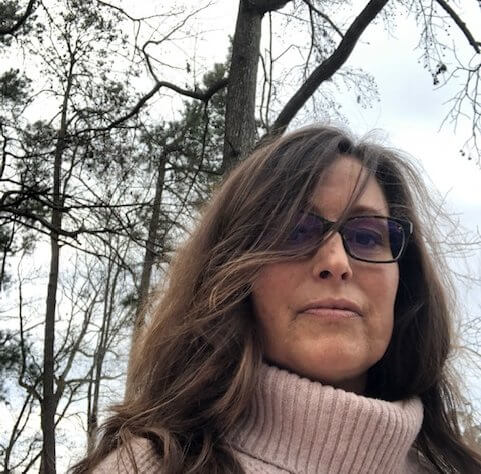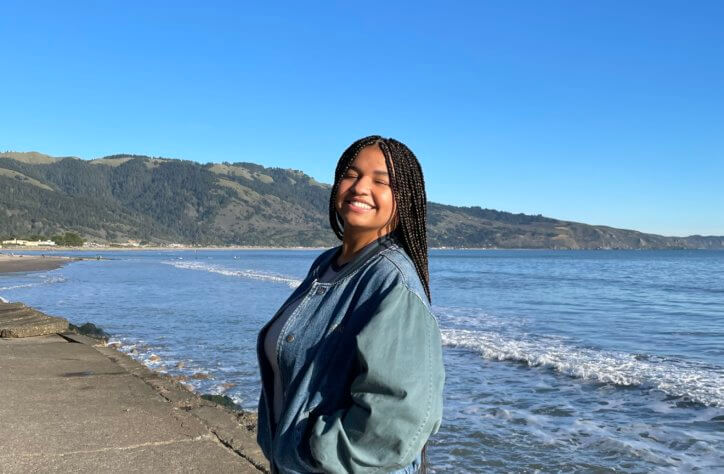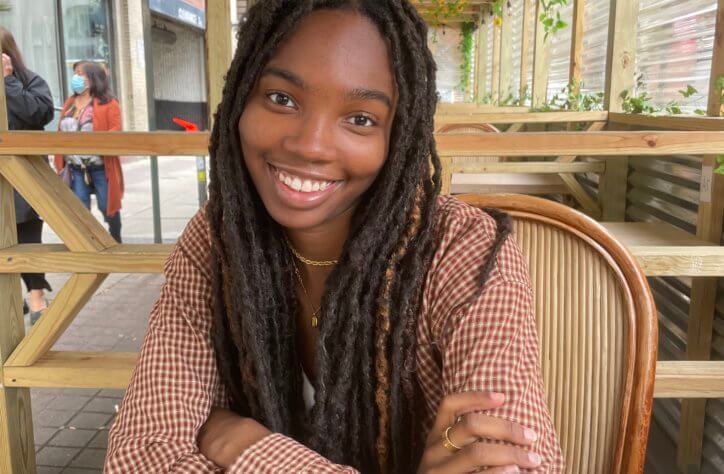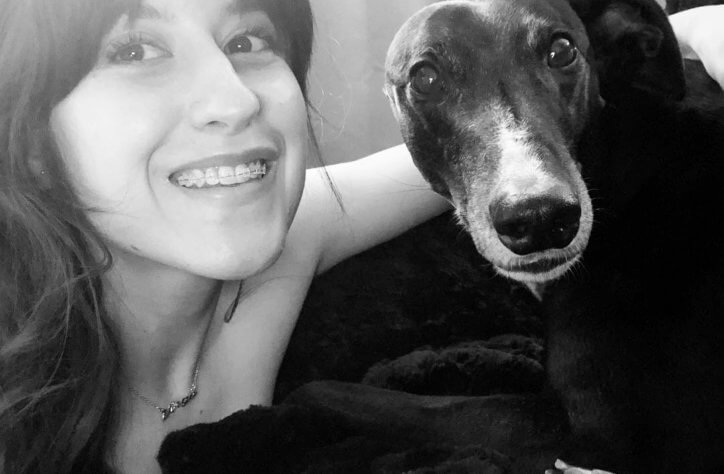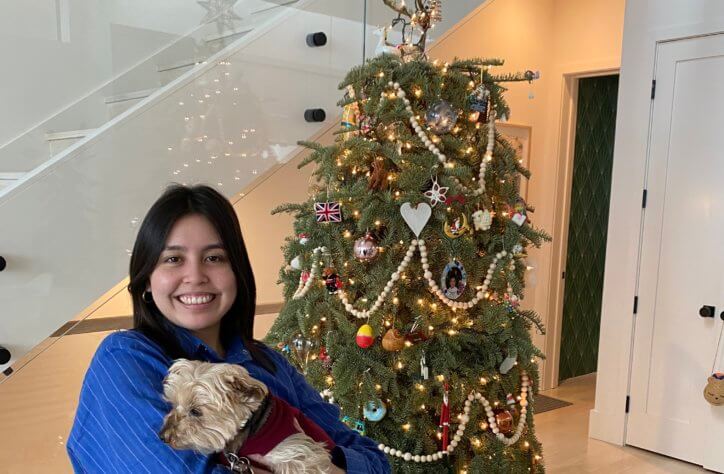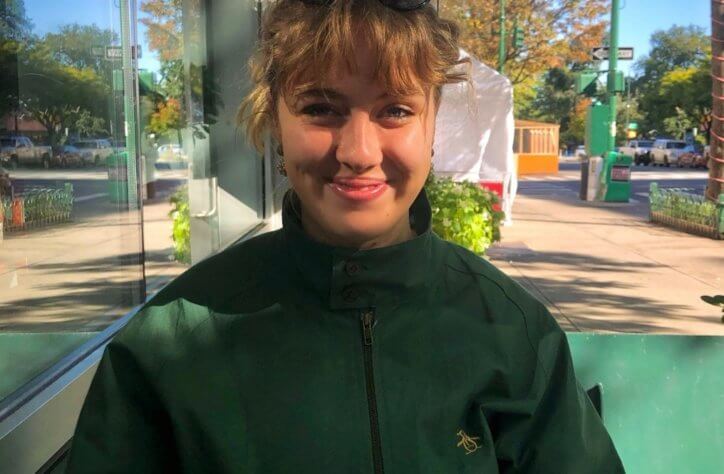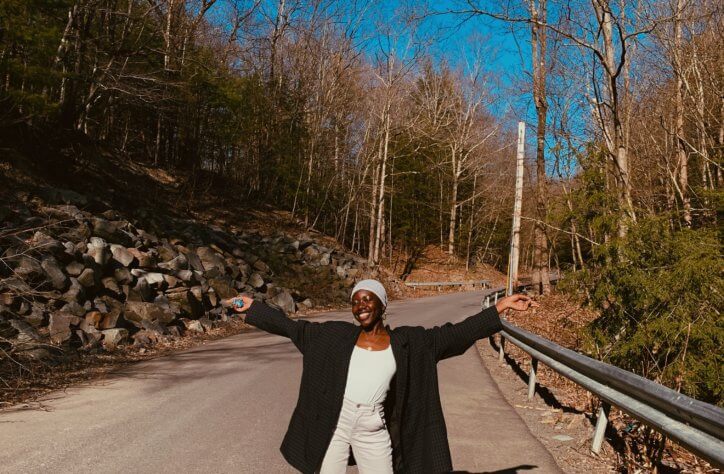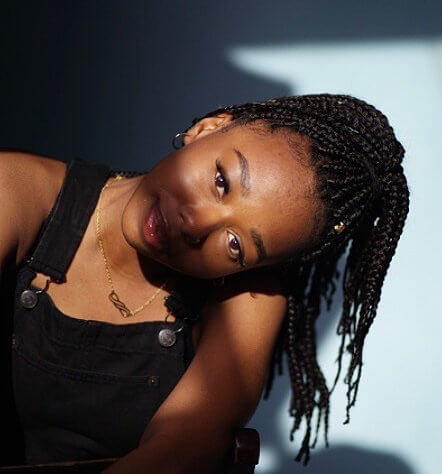One early morning a fourth grade me, got dressed and headed for school. Poster board in hand I reviewed my index cards one last time on my New York City subway commute in the hopes of winning over my teacher and peers with my class culture day presentation. Arriving to school on time for once, and restless with anticipation my hand jolted upwards when the teacher asked who wanted to present first. As I began to talk about my African American heritage to the class a student whispered to another “She doesn’t act black”. Little did I know; this comment would traumatize me for years to come and was just the beginning of an identity crisis.
Growing up my parents instilled in me the importance of education and always reminded me that I could never learn enough. From a young age they introduced me to a variety of extracurricular activities that included art, culture, and literature. My mother stressed the significance of a quality teaching curriculum and enrolled me in private schools from Kindergarten. Although I had working-class parents I was introduced to privilege and learned quickly that money rarely associated with class. Looking back, the greater part of my childhood I was never around a majority of people who looked like me. Therefore, the color of my skin, to me, always became secondary to the intelligence I portrayed. I never thought twice when I was the only black person in a room or when teachers were astounded by my reading level or my ability to say a sentence in French. I would dismiss comments from my young black peers poking fun at the way I spoke, and shrug off my young white peers startled to see me outside of school with my mother at the library. Nevertheless, I had an overwhelming desire to fit in. To my black peers I was not the black they wanted, and to my white peers I was just the right amount of black to not be seen as threatening, but still not them.
When I arrived to high school, it was the first time I was around a majorly black demographic. Still, I was uncomfortable. I remember that although I was finally around people who looked like me, for the first half of my Freshman year I was still made fun of because of the way I carried myself and talked. I couldn’t get away from the black on the outside white on the inside oreo complex that followed me throughout childhood. I couldn’t for the life of me understand why I was being rejected and ridiculed by my own people. I didn’t know how to act the level of blackness they required despite sharing the same history. I began to hate the way I talked, and I resented my upbringing. Then, a recommendation from a teacher to join my schools Speech and Debate team changed my life. Speech and Debate became a way for me to escape the oreo complex. For the first time in my life I was praised for my voice. My eloquence was rewarded with statewide recognition, and national trophies. I stood in front of judges and competitors with confidence and was no longer afraid to speak. I was no longer afraid of not fitting in, and learned the importance of standing out and standing up in the face of ridicule. I combatted my oppressors with an award winning speech about the importance of magniloquence, and appropriate rhetoric. I began to find my identity and my voice.
I was bothered by the constant societal mindset ingrained within people that blacks are not supposed to be intelligent, or well-mannered.
See, the thing is I didn’t care about being called an “Oreo” by my peers. What did bother me was the association of sophistication, and poise, directly relating to being white. I was bothered by the constant societal mindset ingrained within people that blacks are not supposed to be intelligent, or well-mannered. I allowed others ignorance to directly impact finding my own identity. One that wasn’t defined by what others thought a black person should act and sound like. Society leads people to believe that because I grew up well-bred, that I had to be an exception to the African American community. To society, how could someone who derived from slave stock possibly go to the ballet, or hold a conversation about J.D. Salinger? Throughout my life I also came to the conclusion that my people were not rejecting me. Instead they were rejecting the unfamiliar. The constant fear of the so called white culture infiltrating who they were as blacks and what they knew to be true. It was not rejection it was a response to feeling threatened. A wall built to keep out what they did not know or had never encountered. I began to speak out about the way I felt and in doing so gained a new perspective of how to accept the understanding that people will always believe what they are conditioned to know until taught otherwise. Ignorance is taught, wisdom is rewarded. Therefore, I began to educate those who hurt me in order to ignite a hunger for knowledge inside of them. In doing so I no longer felt a sense of persecution but instead a desire to learn more about the reasoning behind their thoughts. I no longer felt embarrassed to be who I was but understood now more than ever that I am a black woman living in a white world. The color of my skin will always take precedence to my intelligence. My skin will always be a reflection of an ancestry of persecution and struggle. I am not whitewashed, but society had brainwashed the people around me to believe you can never be more than what history dictated you to be.
I can still say at Twenty One I hear the phrase “You act so white” more often than I care to admit. Instead of retaliating with anger, I simply ask “Well, why is that”, which mostly leaves people stunned and at a loss for words. The thing is you can only ever combat indifference with wisdom and love. Maybe if we understood that as people, there would be less judgment and more of a coalition to see eye to eye. As for me, I’ve since sworn off Oreo cookies. Not for the reason you think. They became pretty addicting and I gained a few pounds. Seriously, those things are trouble.
